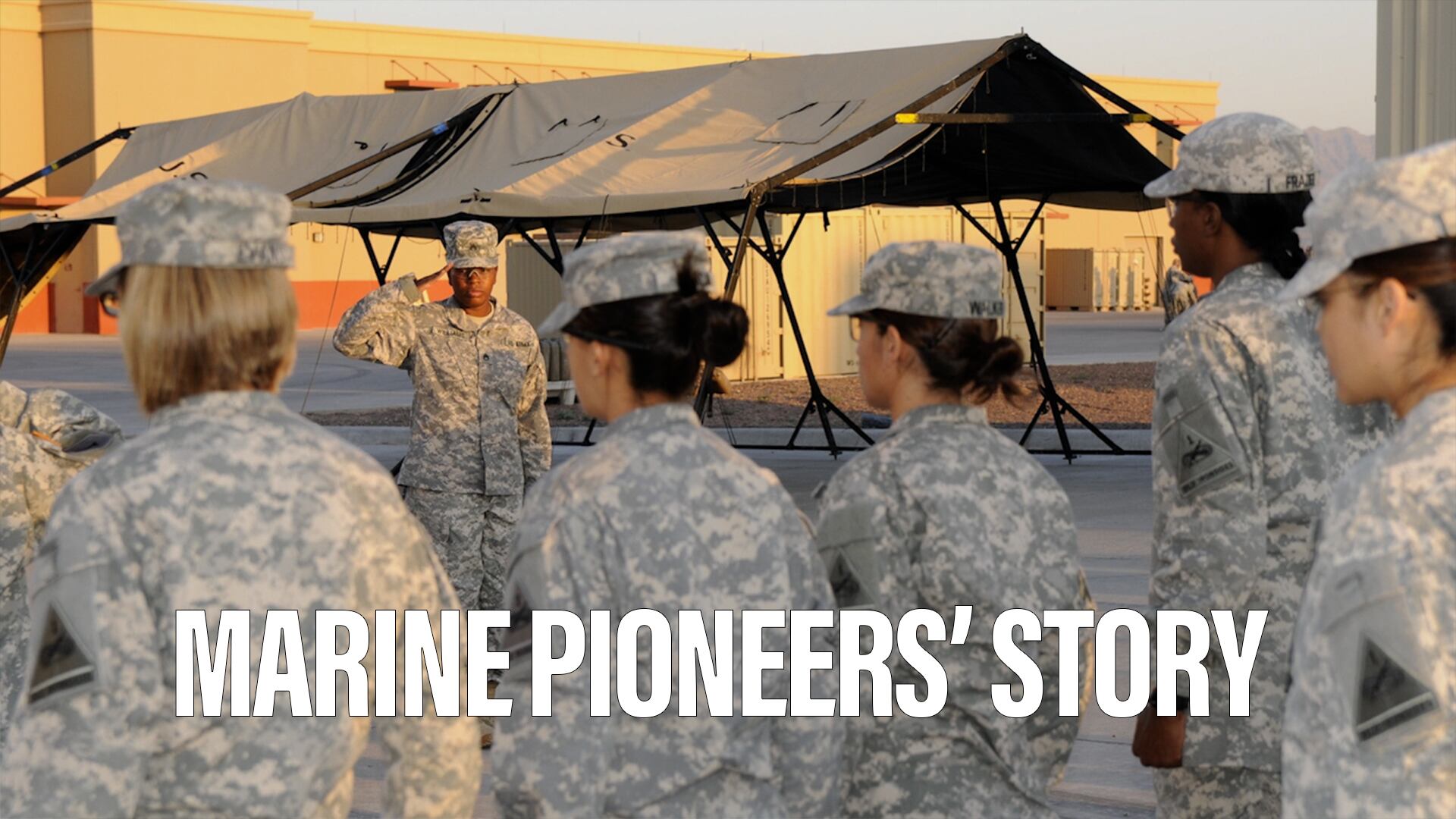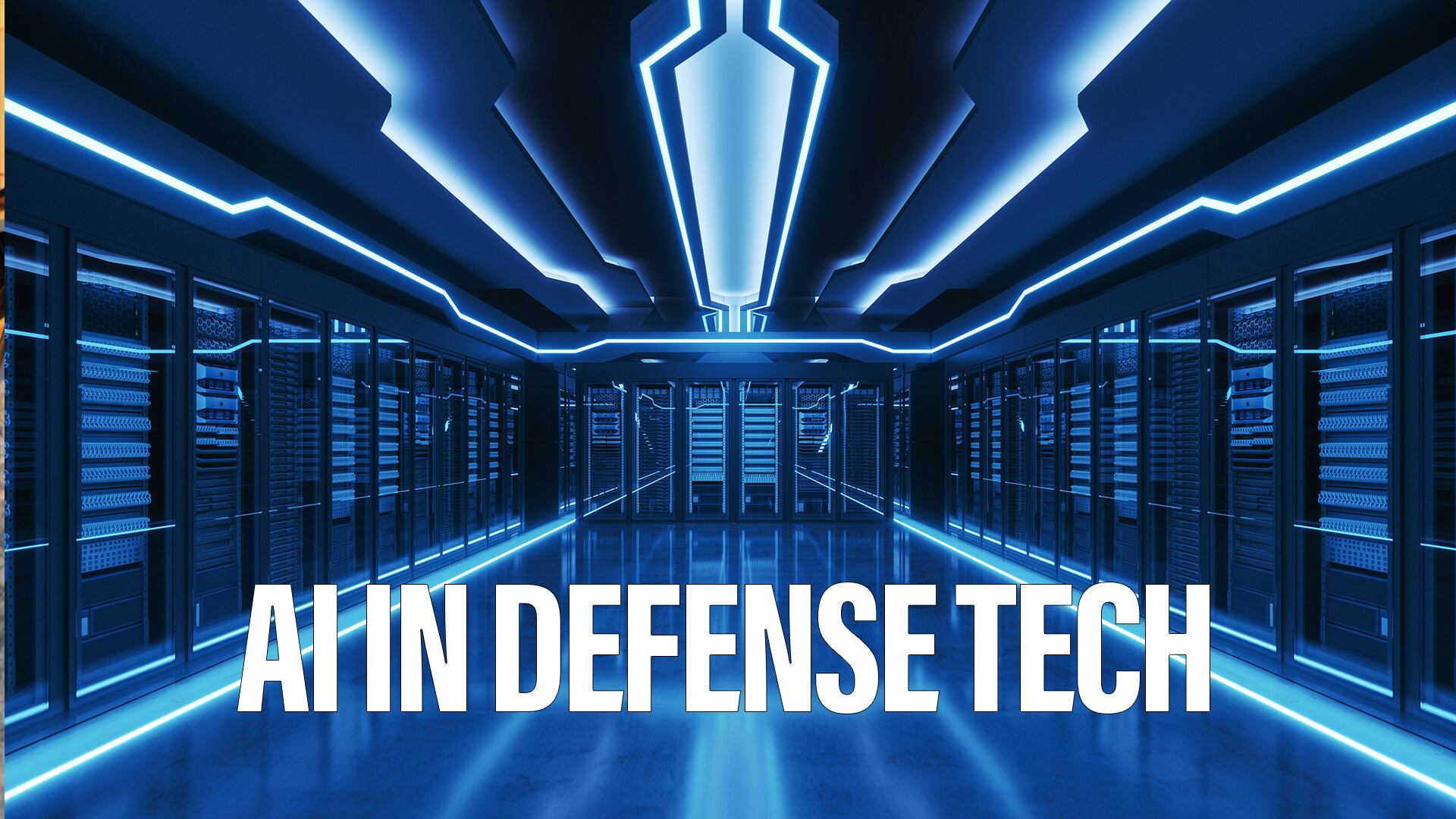NEW DELHI — Privately owned defense companies in India are welcoming a Ministry of Defence decision to extend the Exchange Rate Variations (ERV) benefit long enjoyed by state-owned companies to the private sector.
The change provides the companies a cushion Indian private sector defense companies have been given benefit of Exchange Rate Variations (ERV), which will them cushion them against currency fluctuations on the import of components and systems which these companies they use tofor executeing defense projects awarded in the Buy and Make (India) and Make (India) procurement categoryies.
The ERV benefit had earlier been granted to state-owned defense companies, and with the decision of the Ministry of Defence (MoD) decision, announced late last month, puts government benefits to both the private sector on par with those afforded to and state-owned companies have been brought at par in benefits by the government, a ministry an MoD official said.
Private-sector defense company executives say the change corrects an have welcomed the ERV benefit granted to them saying the anomaly that previously granted protection from currency fluctuations only to has been corrected since only the state-owned defense companies were protected against currency fluctuations and not the private sector companies.
"This was an anomaly in the Defence Procurement Procedures (DPP) that was objected to by the industry for years," a senior executive of privately owned major Larsen & Toubro (L&T) said. "The MoD has only corrected that anomaly through this notification. As this would apply to all categories of procurement, it would benefit the entire Indian industry."
The private-sector defense companies had been demanding the ERV benefit because the government is now opening competition for most awarding most of the projects in the Buy and Make (India) category and the Make (India) categoryies reserved only for domestic companies to compete to private companies, but these projects generally include have a large proportion of import component.
The ERV benefit would mean the government will guarantees a price against the US dollar at a forward future date when converted into Indian rupees at that time.
"Effectively it means that if anyone quotes a multicurrency quote, then on the day of payment (it could be advance or any other milestone payment), that day's exchange rate is used to calculate the net Indian Rrupee outflow to the party," a senior executive of the Tata Group said. "Here the risk is that of the government." says an a senior executive to Tata Group.
Ankur Gupta, a defense analyst with Ernst & Young India, said the ERV benefit will enable private sector companies to compete keenly with state-owned companies. "Indian companies will now be more confident to bid for such projects and not keep very hefty margins up front," Gupta said.
Under India's various procurement categories of procurement, the import component is allowed up to 50 percent of the components and systems of a project may be imported, and with big-ticket defense projects coming in the Buy and Make (India) and Make (India) categories, the private-sector defense companies were finding it difficult to calculate the risks involved due to currency fluctuations over the long run, Gupta said.
India's currency has sharply fallen against the US dollar in the last two years — as it has fallen from around about 55 Indian rupees to one US $1 dollar in early 2013 to over 66 Indian rupees to one USD $1 today.
"Every company that bags a long-term defense contract in future [under the requests for proposal (RFPs issued) with the ERV clause], stands to benefit if there is a substantial import content in their product," said Amit Cowshish, the MoD's former additional financial adviser.
"There is always some imported content in every item, especially equipment even for Buy and Make projects," said Shyam Kumar Singh, vice president of Elcome Integrated Systems Pvt Ltd., a medium-sized sector private defense company. "All of them, therefore, have fForeign eExchange [FE] content. The vendors today make a wise guess of expected change in FE and factor that into their bids. Compensation for FE variation would will help industry to the extent that they do not have to make a wild guess." said Shyam Kumar Singh, former Indian Navy Captain and Vice President of medium sector private defense company Elcome Integrated Systems Pvt Ltd.
The ERV benefit, however, will not be applicable if the delivery period is re-fixed rescheduled, unless the reasons for that are attributable to the buyer.
But Khutub Hai, retired Indian Army Brigadier and managing director of Firmbase Consulting, however said that ERV benefits are not sufficient to help the private-sector companies compete.
"My view in brief is that, though ERV does provide protection to private players, the present system of commercial bids is still fraught with risks, especially in the case of major development projects [like the FICV Future Infantry Combat Vehicle], which will cover a period of two to three years or more," Hai said. "Companies need protection both for financial and technical contingencies. The better method — as followed by most Western countries — is to have the bid based on a 'cost-plus' basis. This reduces risks both for development agencies and the MoD."
Email: vraghuvanshi@defensenews.com
Vivek Raghuvanshi is the India correspondent for Defense News.








